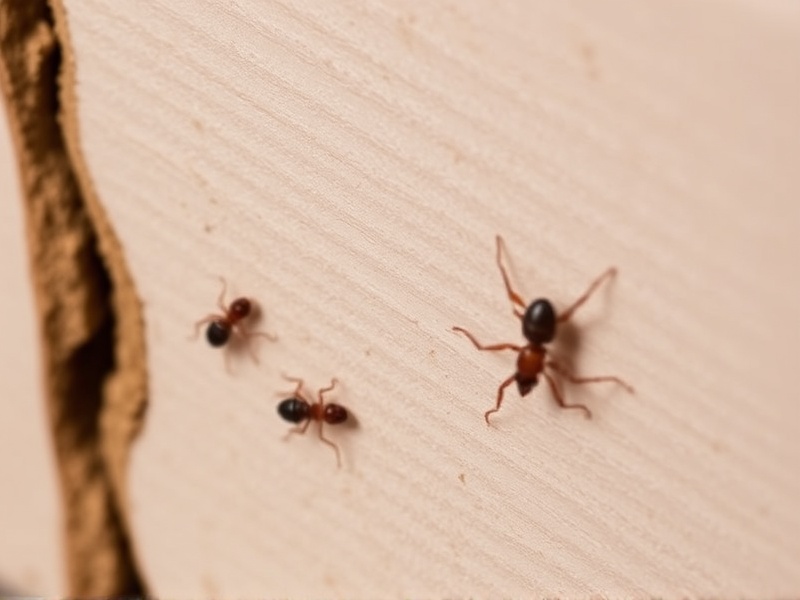Our Location
304 North Cardinal St.
Dorchester Center, MA 02124

Wood Plastic Composite (WPC) materials have become increasingly popular due to their durability, low-maintenance requirements, and eco-friendly nature. However, even with these advantages, WPC can still be susceptible to pest and termite infestations. Understanding how to prevent and manage such issues is crucial for maintaining the integrity and longevity of your WPC structures.
One of the most effective ways to combat pest and termite infestations is through regular inspection. Inspecting your WPC materials at least twice a year can help you catch any signs of damage early. Look for signs such as small holes, discoloration, or unusual soft spots in the material. Additionally, inspecting the surrounding areas, including soil, mulch, and vegetation, can provide clues about potential pest entry points.
Maintaining your WPC structures properly can significantly reduce the risk of pest and termite infestations. Proper cleaning and sealing of the WPC material can create a barrier that pests find difficult to penetrate. Avoiding the accumulation of moisture is also essential, as damp conditions can attract pests. Regularly clean your WPC decks and patios using a mild detergent and water, and consider applying a clear sealant annually to protect against moisture and UV damage.
In cases where prevention measures are not sufficient, there are several treatment options available. Borate-based treatments are highly effective and environmentally friendly, providing long-lasting protection against termites and other wood-destroying insects. These treatments can be applied during the manufacturing process or post-installation. Another option is the use of physical barriers like stainless steel mesh, which can be installed around the foundation of your WPC structures to prevent pests from entering.
If you suspect a serious infestation, it is advisable to consult with a professional pest control service. They can provide tailored solutions based on the specific needs of your property. For more information on WPC materials and pest management, refer to resources such as the National Pest Management Association’s guidelines and research studies conducted by universities like Purdue University.